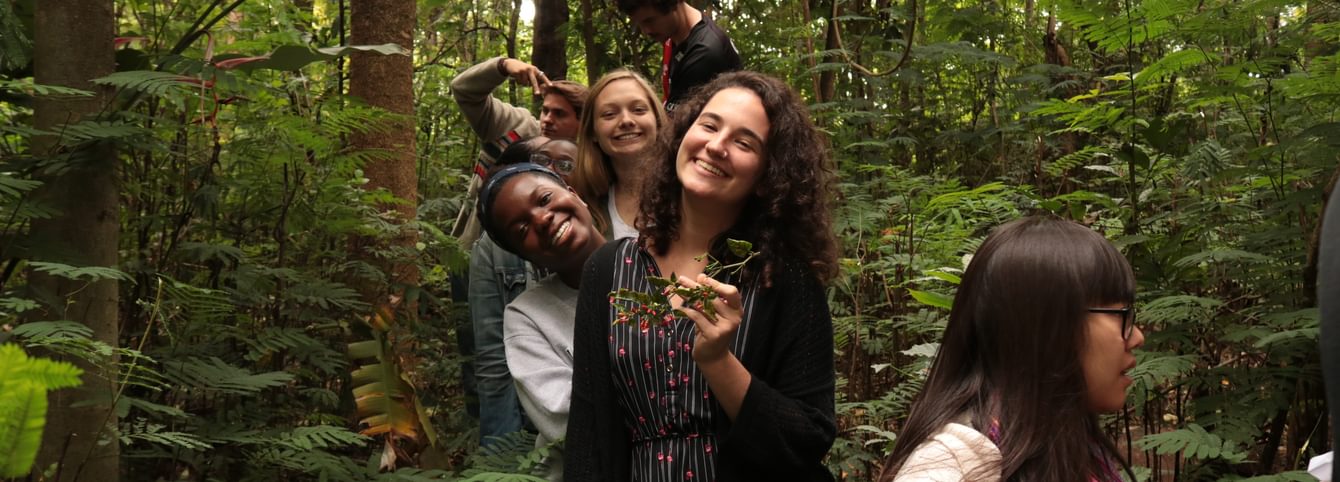Things To Do Before Leaving the U.S.
Financial
- Make sure your debit card will not expire during your time abroad. If needed, request a new card early.
- Contact your bank and credit card companies to find out about fees for overseas purchases, cash advances, and ATM withdrawals.
- Inform your bank and credit card companies of the dates and location(s) of your trip so your cards are not locked due to suspicious activity.
- Bring a 24-hour emergency number for your bank in the event that you need to contact them about a lost or stolen card.
- Arrange for payment of any outstanding financial matters (for instance, student loan payments or rent) while you are abroad.
- Research typical expenses in your host community and prepare a budget for the use of your participant stipend, including expenses associated with return travel to the U.S.
Health
- Consult the CDC’s destination page and the U.S. Department of State’s country specific page to read about common diseases and other health risks in your host community. Do so before visiting your healthcare provider so that you can discuss those risks with them.
- During your doctor’s visit, discuss any physical, mental, or emotional issues that may need special attention while abroad.
- Make sure your immunizations are up to date. Talk with your doctor about recommended vaccinations and health considerations for travel to your host city.
- Work with your healthcare provider(s) to complete all CLS Program required Medical Forms on the AIS Forms portal.
- Make sure you have at least an eight-week supply of your prescription medications (including birth control) in their original packaging. Ask your doctor for a signed letter that explains that you have a prescription for this medicine. Put all medication in your carry-on bag in its original packaging and bring a copy of the prescription.
- Discuss which over-the-counter medications may be useful to take with you in case you have a minor illness while abroad.
- Make a plan for staying healthy while overseas.
- Visit your dentist.
- Check with your health insurance provider about coverage while you are overseas.
- Familiarize yourself with ASPE health benefits.
Travel
- Obtain a valid U.S. passport. Make two copies of the identity page and visa (if applicable) and print them to bring with you.
- After receiving your CLS flight information, call the airline(s) you will be traveling with to request disability-related travel accommodations and to arrange a special meal if have special dietary needs.
- Print your CLS itinerary to reference while traveling. Keep track of your flights.
- Research the luggage requirements of the airline(s) with which you will be traveling.
- Review the CLS Packing List and site-specific guidance on what to bring. Don’t forget to bring any CLS-provided materials such as the emergency wallet card, allergy card (if applicable), ASPE documents, and CLS t-shirt.
Communication
- If you bring your personal phone, contact your cell provider to confirm that the phone has been “unlocked” and that you will be able to insert a foreign SIM card into the phone and use a local phone plan while abroad.
- Research apps, long-distance phone plans, or VOIP services that will allow you to stay connected while abroad.
- Make a plan to stay in contact with friends and family while in your CLS host city.
- Enter the phone numbers of American Councils staff, your Resident Director, and host institute staff into your phone so that you can contact them in an emergency.
Packing List
Download a full list of suggestions on what to pack.


